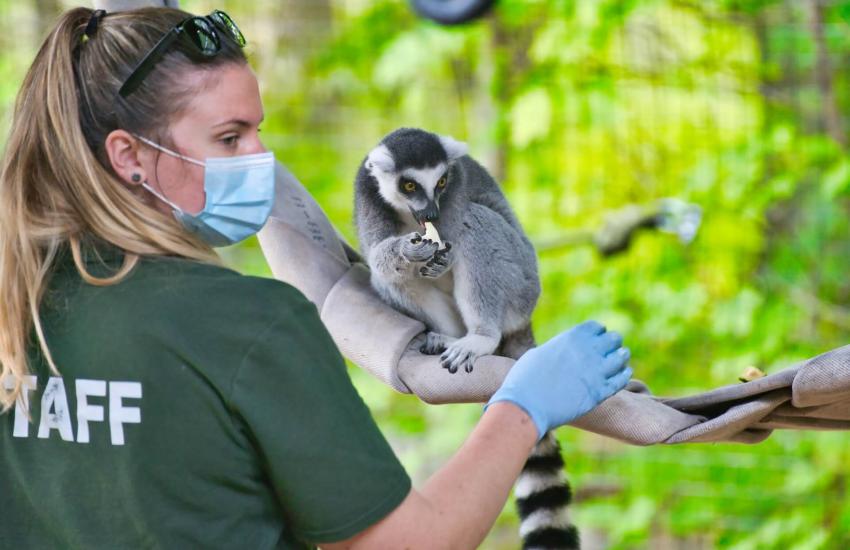Breadcrumb
-
Guidebook
-
Animals & wildlife
-
Skills and Qualifications for Volunteering in Wildlife Conservation
Skills and Qualifications for Volunteering in Wildlife Conservation

Several skills and certifications can increase your usefulness as a volunteer, regardless of whether you have a passion for working with endangered animals, preserving habitats, or promoting environmental education. The following are the most important qualities, while precise skills and certifications may vary based on the project and organization:
1. Passion for Wildlife and the Environment
The primary requirement for volunteering in wildlife conservation is a sincere passion for the natural world and a steadfast dedication to its protection. A profound love and admiration for wildlife serve as the driving force behind your motivation and commitment to the cause. Displaying a true interest in conservation not only enhances your connections with like-minded individuals but also empowers you to make a valuable contribution to conservation initiatives.
2. Knowledge of Conservation Issues
Involvement in animal conservation benefits from a foundational understanding of the field's key issues. Recognizing the significant challenges wildlife confront, including habitat loss, climate change, poaching, and invasive species, is essential. Staying informed about contemporary conservation approaches, on both local and global scales, as well as relevant legislation, equips you with the knowledge needed to make informed choices and actively participate in ongoing conservation endeavors.
3. Fieldwork and Research Skills
Many wildlife conservation projects involve fieldwork and research activities. Skills such as wildlife monitoring, data collection, and research techniques are highly valuable. Familiarize yourself with methods used in ecological surveys, population monitoring, and habitat assessments. Proficiency in using GPS devices, camera traps, and other field equipment will enhance your ability to gather accurate data and contribute to scientific research.
4. Environmental Education and Outreach
One essential aspect of wildlife conservation is raising awareness and educating others about conservation issues. Strong communication and interpersonal skills are valuable for engaging with local communities, schools, and visitors to conservation areas. Being able to convey information effectively, develop educational materials, and deliver engaging presentations will help inspire others to take action and make environmentally conscious choices.
5. Physical Fitness and Outdoor Skills
Volunteering in wildlife conservation often involves working in remote areas, challenging terrains, or extreme weather conditions. Good physical fitness, stamina, and outdoor skills are advantageous. These skills can include hiking, camping, navigation, and wilderness survival techniques. Being comfortable and capable in outdoor environments will enable you to adapt to the demands of conservation fieldwork.
6. Adaptability and Teamwork
Wildlife conservation projects often involve collaborating with diverse teams and adapting to changing circumstances. Demonstrating flexibility, adaptability, and strong teamwork skills is essential. Conservation work may require you to work with local communities, researchers, field staff, and fellow volunteers. Being able to collaborate effectively, respect different perspectives, and contribute positively to a team dynamic will enhance your volunteer experience.
7. Relevant Training and Certifications
While not always mandatory, certain training and certifications can enhance your skills and qualifications for volunteering in wildlife conservation. These may include first aid certification, wilderness safety training, species identification courses, or specialized training in specific conservation techniques. Obtaining these certifications demonstrates your commitment to safety, professionalism, and continuous learning.
By honing these skills and continuously expanding your knowledge, you can contribute effectively to wildlife conservation efforts and make a meaningful difference in protecting our planet's invaluable biodiversity. Remember, every effort counts, and your dedication can help shape a better future for wildlife and ecosystems.

